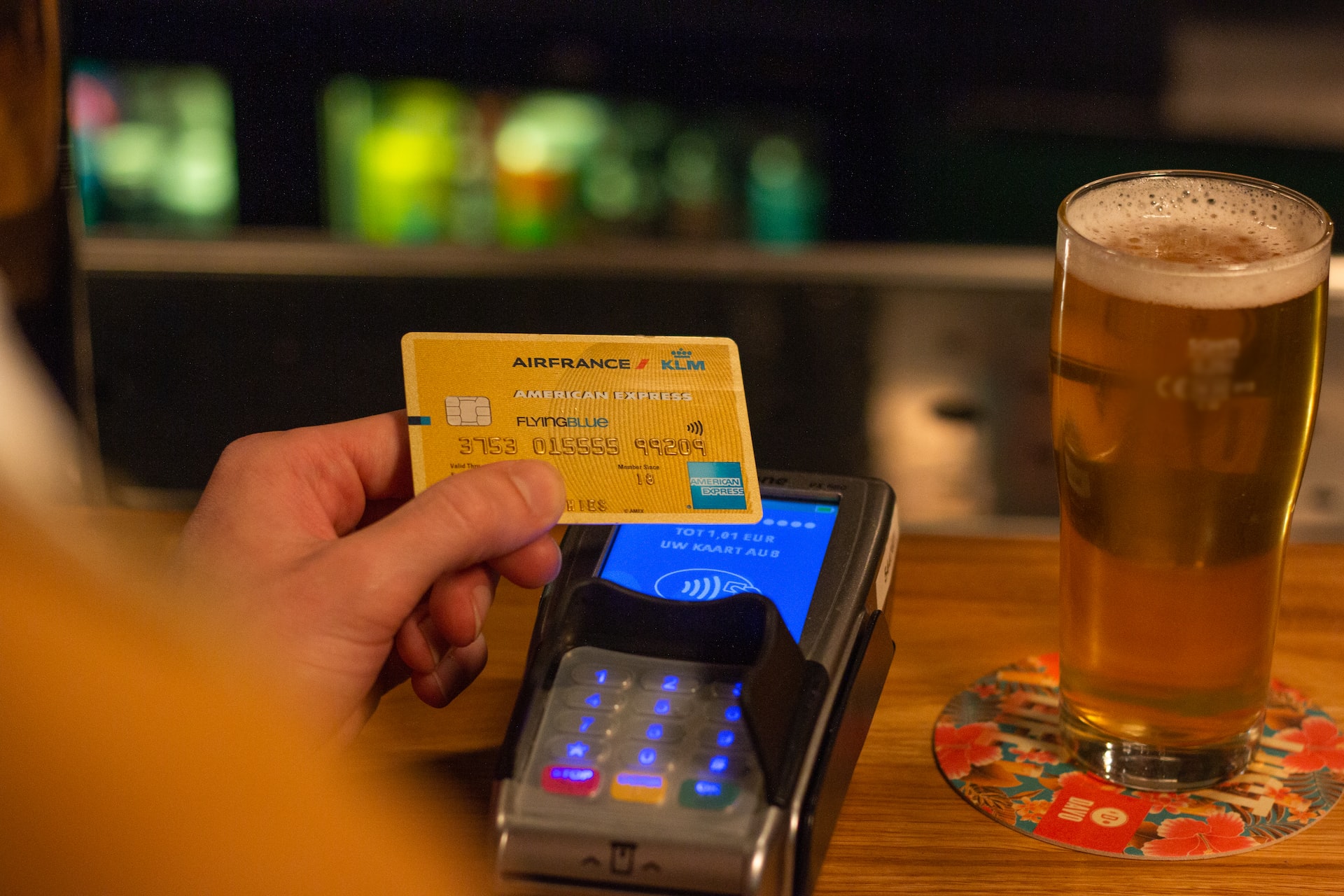There are many benefits to credit cards, including the ability to improve your credit score with each on-time payment or receive rewards, cashback, or travel points that add up over time. However, credit card issuers don’t hand out credit cards to just anyone. Issuers will check your credit history before approving applicants, and if you have a poor credit score, it can be nearly impossible to get credit.
Some consumers are restricted by poor credit scores. Consumers accumulate bad credit histories for many reasons. Maybe they have had a credit card deactivated or recently fell behind on payments reported to credit bureaus before applying for a card. For those with bad credit, getting a card can feel like a catch-22. We’ll break down some factors to help you find the best credit card for your needs, and it may not be a traditional credit card.
What Is Considered Bad Credit?
FICO defines a credit score below 580 as bad credit. You can recover from a missed payment that you repay quickly, but as these missed payments become more common, they will take a toll on your credit. The majority of poor credit borrowers become delinquent on their loans. Lenders view these consumers as risks and either reject their applications or use extra safeguards, which translate into higher costs.
Can You Get a Credit Card Even with Bad Credit?
While you’ll have a smaller pool of credit cards to choose from, you can get a credit card even with bad credit. Credit card issuers may use protective measures such as higher interest rates and a minimum security deposit when giving cards to consumers with low credit.
Are There Risks to Getting a Credit Card with Bad Credit?
Each credit card carries the same fundamental risks. You can spend money without an adequate strategy for paying it back. Credit card interest will grow in your account and can make the debt unmanageable. Failing to keep up with the debt will eventually hurt your credit score and lead to more financial problems. Anyone with a credit card should track income and expenses so they never spend more than they can afford to repay.
Credit cards for consumers with bad credit carry additional risks. You’ll have a higher interest rate which can worsen the previous problem. If you stay out of debt and pay everything on time, you won’t have any issues with this risk. However, people with bad credit reach that state by falling behind on financial obligations and making bad decisions with their money. You should only use a credit card if you feel confident in your ability to never make a late payment.
Many credit cards for people with bad credit history also require a refundable security deposit. Putting those funds into your credit card may limit your ability to cover emergency expenses. Some low-credit consumers may have difficulty raising the initial funds for the security deposit. This refundable deposit becomes your credit limit. A small deposit results in a small credit limit, and exceeding this limit will trigger additional fees.
When Should You Get a Credit Card Even with Bad Credit?
A good credit score reduces your monthly expenses and helps you qualify for better loans. Landlords also look at applicants’ credit scores before selecting a tenant. Credit cards turn each expense and on-time payment into a positive payment history. Most people should get a credit card as soon as possible, but it becomes more important if you want to get a mortgage or auto loan soon. In addition, financial institutions have minimum credit score requirements.
Even if you already have the minimum credit score for a loan, improving your credit can reduce your interest rate and help you make a lower down payment. Homeowners can use an FHA loan if their credit is 500 or higher. However, borrowers who have a credit score between 500-579 must make a 10% down payment or a higher amount. Borrowers with a 580 credit score or higher can get a loan with a minimum 3.5% down payment. Better credit gives you more choices, and a responsibly used credit card can improve your score.
How To Choose the Right Credit Card
You can select from many credit cards. Several companies issue credit cards, and each of these companies issues many cards. It can get overwhelming to review the possible choices, but setting criteria will help you find the best card for your needs. Consider these factors before applying for a credit card.
Review Your Credit Score and History
Credit card issuers will review your credit history before giving you a card. A poor credit score can limit your choices. You may have to start with a secured card or retail card, but some issuers offer unsecured credit cards for low-credit borrowers. Credit card companies also set interest rates based on your score.
Look For a Card Which You Qualify For
Credit cards have various income and credit score requirements. You should only apply for credit cards with requirements that you can fulfill. Submitting a credit card application triggers a hard inquiry, an event that lowers your credit score by a few points. A hard inquiry won’t devastate your credit score or your chances of getting a credit card. However, each application leads to another hard inquiry. Limiting your applications to 1-2 credit cards you qualify for will preserve your credit score. Some consumers with low credit evade the security deposit and get an unsecured card in the future after building their credit history.
Compare Fees and Rewards
Most credit cards have fees and rewards that impact your experience. You can expect fees for late payments and exceeding your credit limit, but high annual fees can turn a credit card into a burden. A credit card can provide great perks beyond credit building that makes them worthwhile. Some credit cards offer travel points, while others offer cashback on every purchase.
Fund Your Security Deposit (As Necessary)
Some consumers with bad credit have to make a security deposit for their credit cards. This refundable deposit acts as your credit limit and reduces the issuer’s risk. Most credit card providers will ask for a few hundred dollars for the security deposit. A higher security deposit gives you a higher credit limit and reduces the likelihood of exceeding that limit (and incurring additional fees). Not every credit card requires a security deposit, but some consumers can only get started with a secured credit card.
Make On-time Payments and Ensure They Get Reported
Credit cards let you borrow money for purchases and build your credit with on-time payments. This distinction separates them from cash and debit cards. However, credit card debt repayment only strengthens your credit score if the issuer reports your payment history. Credit card companies that do not report your activity to the three major credit bureaus are nonstarters for your search. You can contact these bureaus and inform them about your credit card payments, but that should be the issuer’s responsibility.







